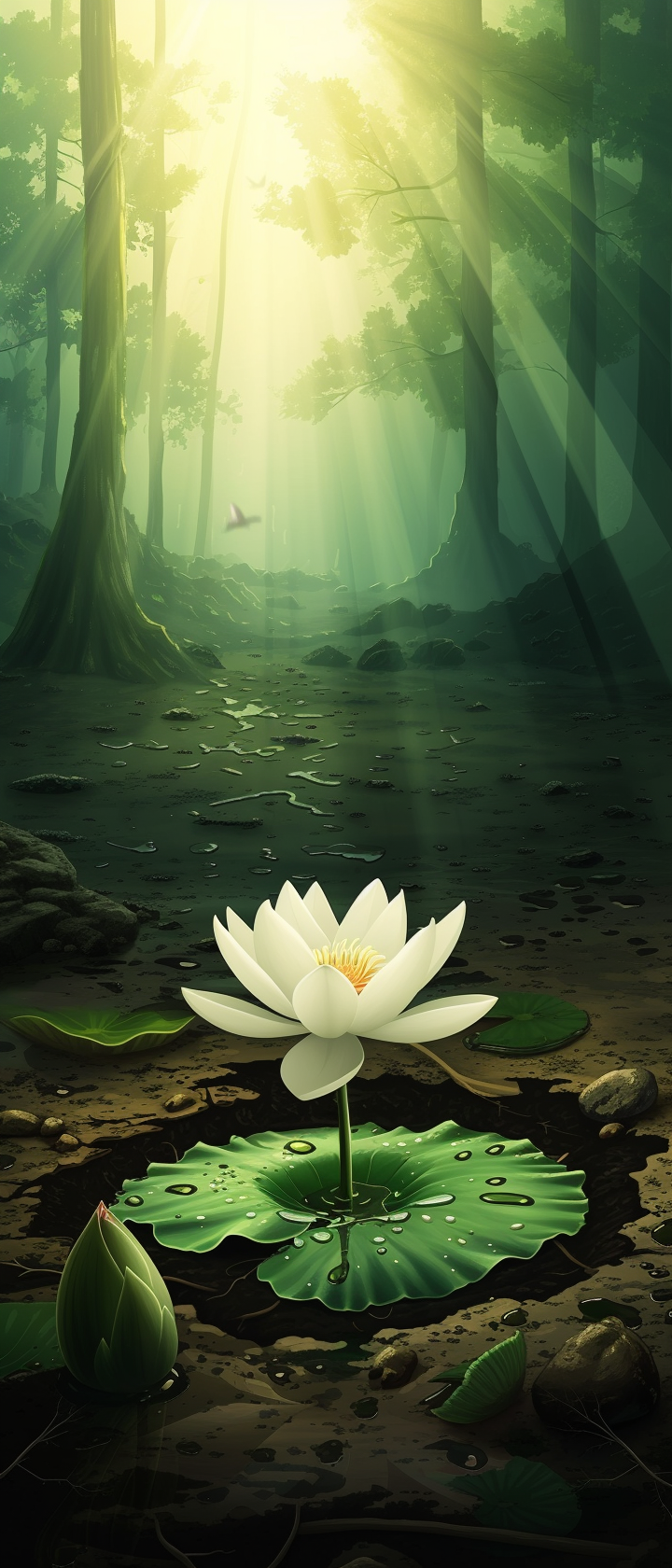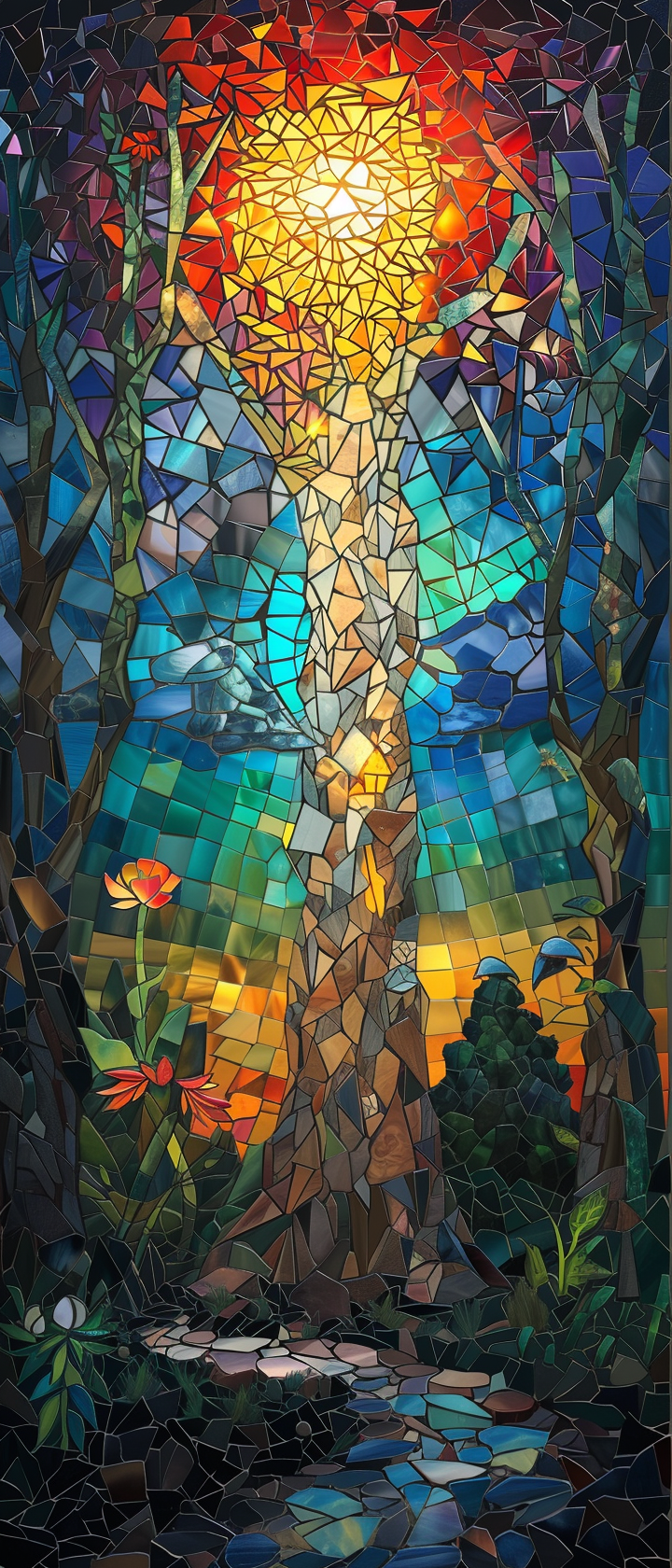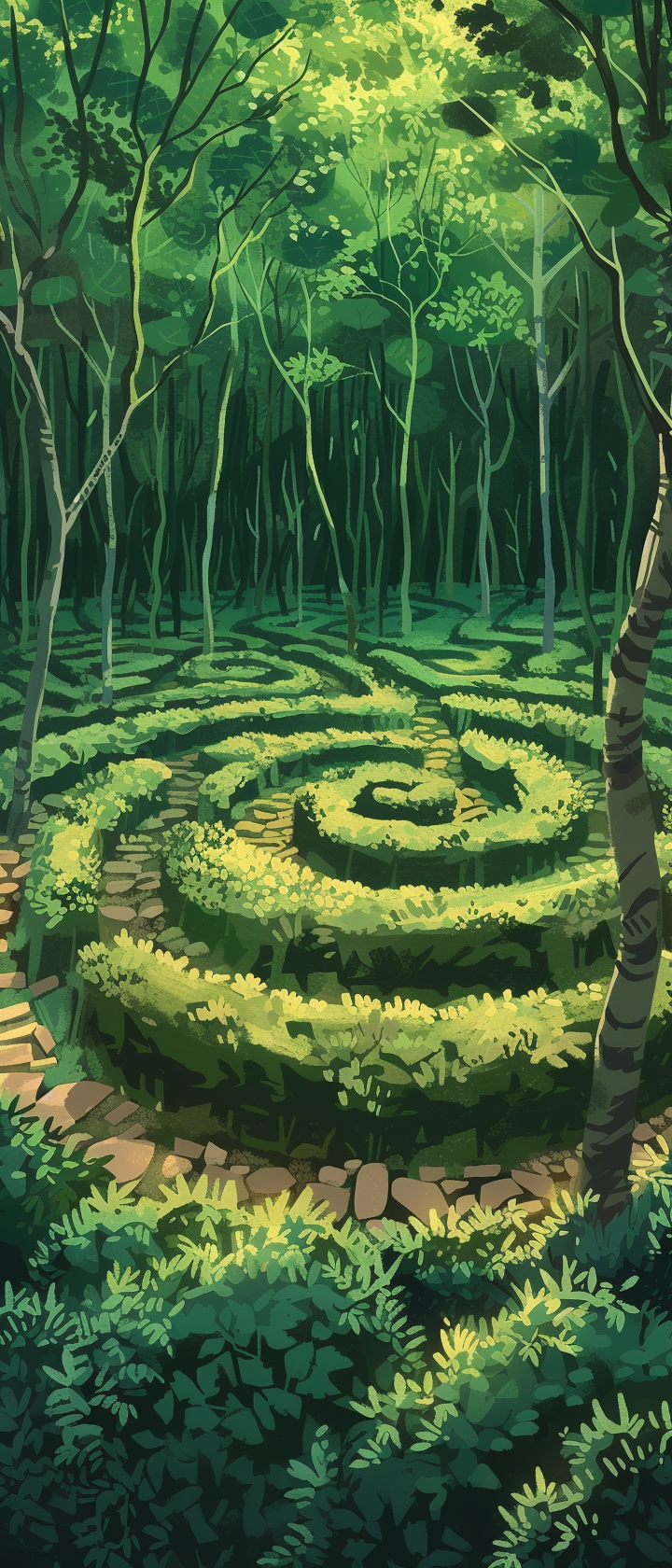Week 9: Exploring the Tapestry of Prayer

In Week 9, our journey takes us into the intricate tapestry of prayer, a practice that transcends cultural and religious boundaries. As we delve into this exploration, let’s acknowledge the rich diversity of prayer and recognize that it extends far beyond the boundaries of Christian traditions.
Imagine standing at the crossroads of spirituality, where different paths lead to unique prayer practices. Picture the multifaceted nature of prayer, each facet representing a distinct way of connecting with the divine or seeking inner peace and meaning.
Shift your focus to Islam, where prayer takes the form of ritualistic prostration. Visualize individuals facing the Kaaba in Mecca, multiple times a day, as they synchronize their movements in Salah, their devotion becoming a communal expression of unity and submission to a higher power.
Now, transition to Buddhism, where prayer unfolds as meditative and contemplative practices. Envision practitioners engaging in silent reflection, seeking to attain a heightened state of awareness and a profound connection with the present moment. In contrast to spoken words, prayer here is an internal dialogue with the self and the cosmos.
Highlight the universal thread that beautifully weaves through these diverse prayer practices. Regardless of the religious or cultural context, prayer often centers around a deep yearning for connection. In Islam, it’s the connection to Allah; in Buddhism, it’s the realization of interconnectedness and enlightenment. These expressions, though distinct, share a common essence—a profound search for meaning and connection in the vast tapestry of existence.
Emphasize the power of intention that infuses prayer across different belief systems. Whether it’s the focused intentionality of a Christian seeking guidance or the deliberate casting of spells in Wiccan traditions, the essence lies in the conscious connection between the individual and the divine or cosmic forces.
Now, take a moment for reflection. Consider a specific prayer practice from another belief system that resonates with you. How does understanding the diverse manifestations of prayer deepen your appreciation for the spiritual connections that thread through humanity? In what ways can integrating elements of these practices enrich your own spiritual journey?
As you step into Week 9, envision yourself as an explorer of the rich tapestry of prayer, ready to appreciate its myriad colors and patterns. Embrace the idea that, beyond differences, prayer serves as a universal expression of our shared yearning for connection and meaning in the vast mosaic of existence.
Journalling Questions for the Week
How do you perceive the diversity of prayer practices across different belief systems after reading about Islam’s Salah and Buddhism’s meditative prayer?
Reflect on the concept of unity and submission in communal prayers like Salah. How might this aspect of prayer impact the individuals participating in it?
Explore the idea of silent contemplation in Buddhist meditation as a form of prayer. How does this contrast with spoken prayers in other traditions, and what unique benefits might it offer?
Consider the common essence of seeking connection and meaning in diverse prayer practices. How does this shared yearning unite people of various beliefs?
Choose a specific prayer practice from another belief system that resonates with you. Describe how understanding this practice deepens your appreciation for spiritual connections.
Imagine how integrating elements of diverse prayer practices can enrich your own spiritual journey. What steps can you take to incorporate these insights into your daily life?




